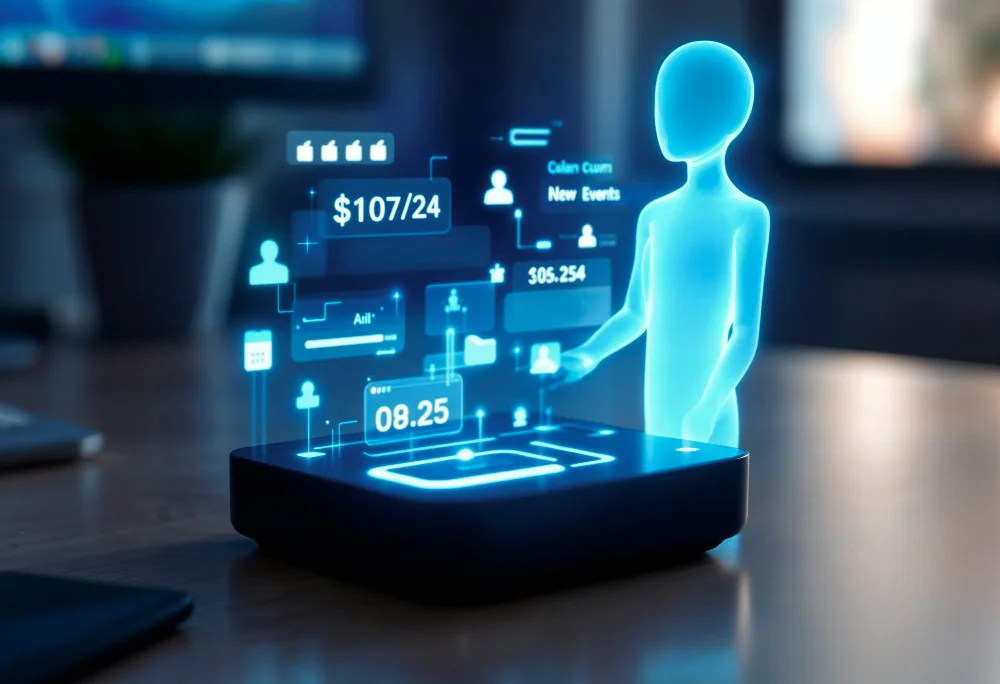Artificial intelligence tools like ChatGPT are quickly becoming a regular part of everyday technology. They’re being used across a wide range of industries—and the legal field is no exception.
While ChatGPT has shown real value in supporting legal research, drafting, and general productivity, it’s equally important to understand its limitations. Like any tool, it has strengths and weaknesses that should be carefully considered, especially in professional or high-stakes contexts. AI-driven tools are revolutionizing litigation, particularly in areas like eDiscovery and case analysis. For instance, leveraging AI technologies like ChatGPT can significantly enhance eDiscovery processes by streamlining document review and data extraction when guided by the right expertise.
By now, most people have at least heard of ChatGPT—but what exactly is it, and how does it work?
ChatGPT is an AI-powered chatbot created by OpenAI, a research company based in San Francisco and founded in 2015. Its primary purpose is to respond to written prompts in a way that mimics human language. Users can ask questions, request content, or seek information, and ChatGPT will generate a response based on patterns it has learned from analyzing massive amounts of text.
How Accurate Is ChatGPT for Legal Use?
So, can ChatGPT provide reliable legal information? The short answer: not entirely.
While ChatGPT can be incredibly helpful in streamlining workflows and providing quick insights, it doesn’t always get things right. That’s because it doesn’t truly “know” whether the information it shares is correct. Instead, it pulls from the patterns and content it’s been trained on—including sources that may be outdated, inaccurate, or misleading.
This can lead to what’s known as hallucinations—plausible-sounding but completely incorrect responses. Though these occurrences are becoming less frequent as AI improves, they still happen. That’s why it’s critical for lawyers to independently verify anything they use from ChatGPT, especially in high-stakes or client-facing work.
Where ChatGPT Can (and Can’t) Help Legal Teams
Despite its limitations, ChatGPT can still be a powerful productivity tool for legal professionals—if used with care. Here are a few ways it can be helpful:
- Legal Research SupportChatGPT can assist with initial research tasks, such as:
- Identifying relevant statutes or legal principles
- Summarizing case law
- Highlighting trends in the legal industry
That said, it should never be used as the sole source of legal research. Always verify its outputs using reliable legal databases or direct case law.
- Drafting Legal DocumentsLegal professionals can use ChatGPT to create first drafts of documents like contracts or briefs—especially when working within defined parameters. While it won’t replace expert legal drafting, it can save time in the early stages of document preparation.
- Formatting CitationsNeed to organize sources or reformat citations? ChatGPT can help. Simply feed it the relevant information, and it can return a properly formatted list, saving valuable time on admin work.
- Answering Basic Legal Questions
When it comes to understanding legal concepts or unfamiliar terminology, ChatGPT can act as a helpful first stop. If you’re looking for straightforward definitions of common legal principles—such as “What is tort law?” or “What does a ‘breach of contract’ entail?”—ChatGPT can offer concise, user-friendly explanations that make legal topics more approachable, especially for non-lawyers or new legal trainees. However, it’s essential to remember that ChatGPT is not a qualified legal practitioner. It cannot give real legal advice or offer context-specific guidance. Furthermore, any information it provides should not be treated as a substitute for legal research or be used in place of references to actual case law or statutes. Always verify its outputs through reliable legal sources before relying on them in practice.
ChatGPT can be a highly effective support tool for legal professionals, offering assistance with time-consuming administrative tasks and helping to clarify basic legal concepts. It can boost efficiency, reduce the burden of repetitive work, and allow teams to focus on more strategic, value-added tasks. However, it’s important to approach its use with a healthy degree of caution. AI-generated responses should always be reviewed carefully, and nothing it produces should be treated as definitive legal advice. Used wisely and under proper supervision, ChatGPT can enhance the productivity of legal teams—but it should never replace human judgment or the expertise of trained legal professionals.


